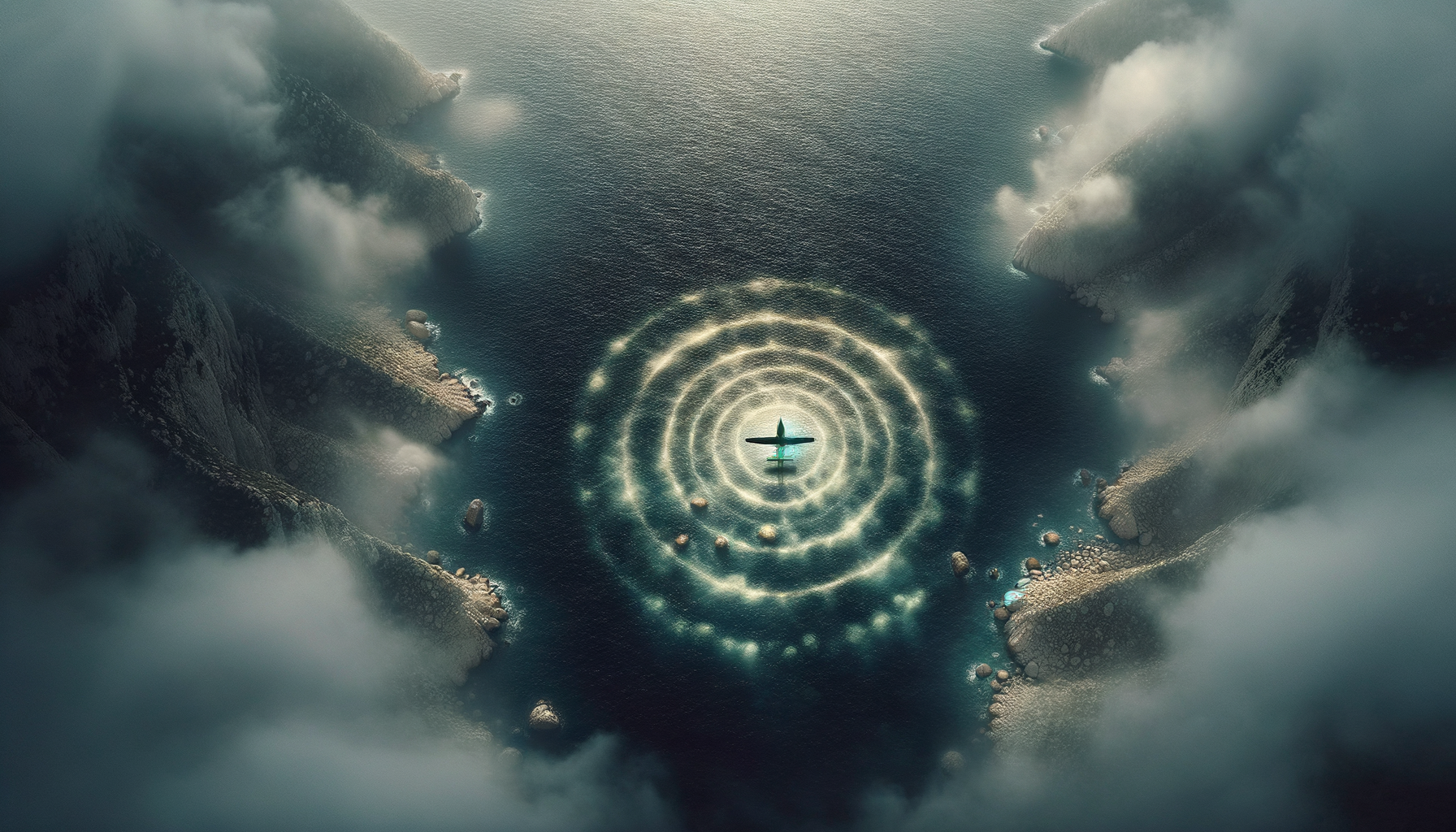Atlantis Discovered at Last?
Short answer: not yet. An Irish filmmaker-turned-“archaeologist” says he has spotted concentric stone rings and a “Temple of Poseidon” just three kilometres off Cádiz, Spain. The tantalising images in his trailer look straight out of an Indiana-Jones reboot—but no independent scientist has verified that the structures are even man-made, let alone the legendary Atlantis. So why did headlines scream “Sensation vor Gibraltar”? Let’s dive in.
A Camera, a Claim and a Cliff-Hanger
Picture this: murky Mediterranean water, a drone’s-eye view of circles etched into the seabed, and a narrator whispering, “We have found the lost city.” The footage is the teaser for Atlantica, a forthcoming documentary by Michael Donnellan—filmmaker, diver and self-styled archaeologist.
Donnellan’s pitch comes with cinematic flair:
- “Concentric walls” matching Plato’s description
- A “Temple of Poseidon” rising 12 metres high
- Precise location: ≈3 km (2 miles) off the coast of Cádiz—about 100 km northwest of Gibraltar
The promise? Proof that Atlantis was real and it is right where Plato said it would be.
What We Actually Know (and What We Don’t)
| Verified Fact | Still Unproven / Disputed | |
|---|---|---|
| Donnellan makes the claim | ✔ Multiple press pieces quote him (AS.com) | — |
| Location & imagery exist | ✔ Sonar and drone footage released in trailers | ❓ No peer-reviewed maps, stratigraphy or sample analyses |
| Age (≈11,000 years) | — | ❓ Zero radiocarbon dates or sediment cores shown |
| Structures are artificial | — | ❓ Could be natural rock formations, say independent archaeologists (Heraldo.es) |
| Atlantis identified | — | ❌ Extraordinary claim lacking extraordinary evidence |
Key takeaway: At this point we have intriguing pictures and a marketing campaign, not a peer-reviewed discovery.
Red Flags the Trailer Won’t Show You
- No published data. No academic paper, no open-access sonar files, no carbon dates.
- Commercial timing. Announcements coincide with the launch of the Atlantica series from production house Ingenio Films.
- History of misidentification. The same team once tagged modern irrigation ponds in Doñana National Park as “Atlantis towers”—and later withdrew the claim (Ah Hot Cup of Joe).
- Expert scepticism. Mainstream archaeologists still class Atlantis as a philosophical allegory, not a historical city (The Guardian).
- Geographic spin. Cádiz is “near Gibraltar” only in holiday-brochure terms; the Strait lies a good 100 km away.
Voices from the Ground (and the Seafloor)
“We don’t know what we have found; they could be natural formations.”
— Mercedes de Caso Bernal, Spanish archaeologist present at Donnellan’s own press event
“An extraordinary claim demands at least a core sample, not a sizzle reel.”
— Dr Diego López‐Romero, researcher, German Archaeological Institute
Even Donnellan’s allies admit the next step is rigorous, multidisciplinary study—sedimentology, paleo-seismology, archaeobotany, the works. None is scheduled publicly.
Why Atlantis Keeps Resurfacing
• It’s the ultimate click-bait: a lost super-civilisation, cataclysm, cosmic moral tale—Plato packaged it all 2,400 years ago.
• Underwater “ruins” often look city-like on sonar; our brains love patterns.
• Documentary makers get instant global buzz; scientists need months of peer review.
The tension between storytelling and slow science is why Atlantis “discoveries” make headlines every few years—and why they almost always sink without trace once the hype ebbs.
The Bottom Line
Has Atlantis been found off the coast of Cádiz?
Almost certainly no—at least not yet. What has been found is a set of curious seabed shapes and an irresistible narrative. Until coring drills, carbon dates and open data replace promotional trailers, the legendary island remains exactly where it has been for millennia: in the realm of myth.
Want to Follow the Evidence?
- Ask for raw sonar files & dive logs.
- Look for peer-reviewed papers in journals like Journal of Maritime Archaeology.
- Track whether Spanish heritage authorities grant excavation permits (none so far).
If these appear, the story may shift from sensational headline to scientific breakthrough. Until then, viewer (and reader) beware: extraordinary claims without extraordinary evidence belong on your streaming queue, not in your history books.
Reporting and verification by ChatGPT Investigations Desk. All links last accessed June 2024.
